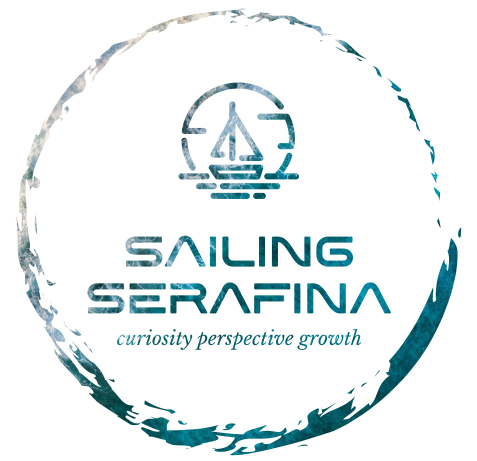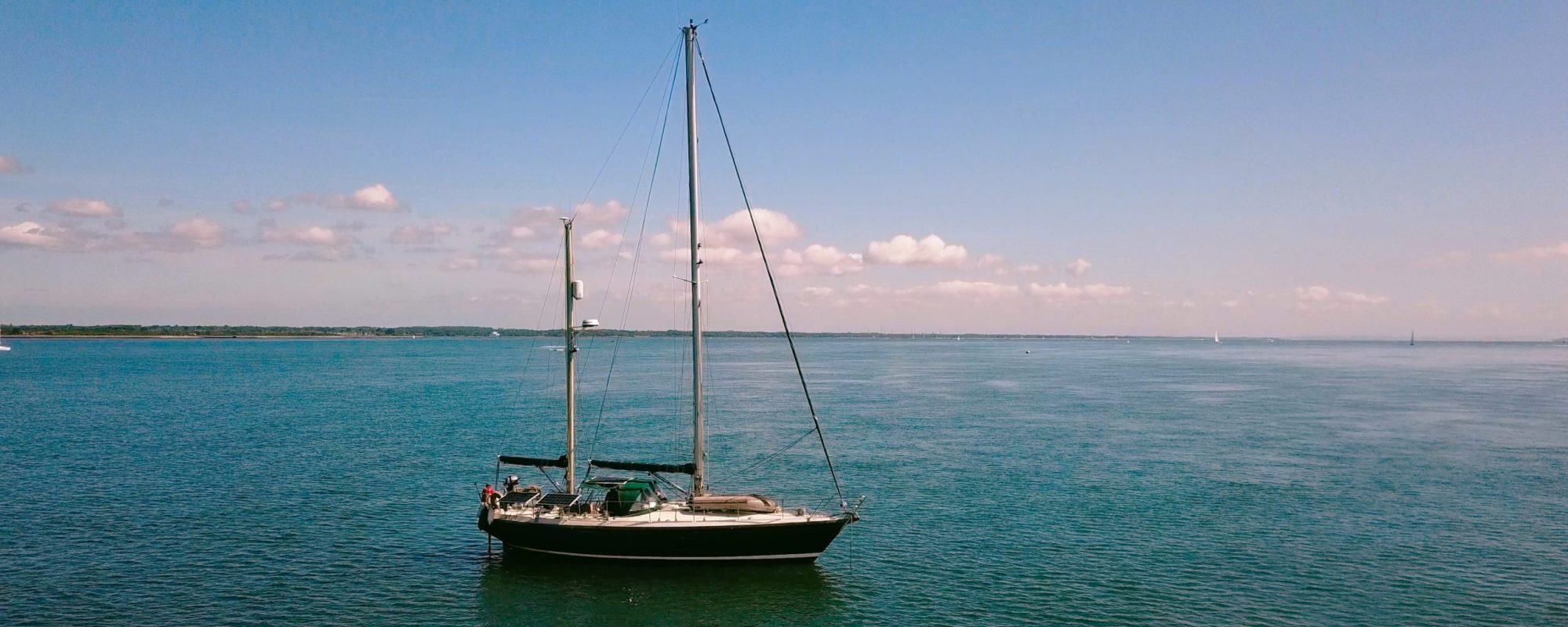With the help of Justin Richardson from Transporter Energy, I put lots of solar-fed Lithium on my boat. I was expecting energy independence, but what I was not expecting was a complete change in my attitude to energy.
There is plenty of credible evidence from competent and informed sources that a primary cause of increased climate woe is very much down to humanity. We discovered huge reserves of energy in the form of oil, coal and gas that took millions of years to form. In geological terms, we are setting it all off at once. Bang! Dirty fuels like these are capital assets yet we have been using them like they are income.
In the process, our cities are polluted, our atmosphere is becoming an efficient greenhouse and the amount of energy in the atmosphere is causing more and stronger storms, droughts and floods, depending upon where you live.
For a long time, we have been told that it is our behaviour that is causing all this. We are profligate with energy even to the ludicrous extent of Christmas lights, patio heaters and Las Vegas. I have been wanting to do something about this for a long time. But living in a city makes solutions expensive and difficult. It requires a complete change.
I’ve also been wanting to return to live-aboard sailing, something I did a lot of in the 90s. Luckily, this gives me an opportunity to start on the journey to a reduced carbon footprint. So I bought a strongly built boat from the 1970s, a 41-foot ocean-going ketch. All the carbon produced in the construction of the boat has been produced. I can do nothing about that, but I can choose not to build a new boat.
Having the boat is a partial approach to the problem. Making her into a low impact home is another. I could hop from port to port and hook into marina power as I go. I’d still need gas to cook, which rather defeats my objective.
The answer has to be in copying those who are taking their lives off-grid, so far as is possible. It has never been easier to find local solutions to energy problems
One answer is to generate small amounts of power yourself. Microgeneration comes in a variety of forms, both for static and mobile lifestyles.
After some research, it transpires that solar power gives the greatest return on investment. I intend spending a lot of time around the equator, where it’s warm. This produces the highest energy density from the sun. Solar panels are becoming much more efficient while dropping in price. Battery technology is also increasing in energy density and longevity.
But I think we have to consider the ensuite pachyderm. It’s not just about the financial or operational carbon cost. There is a carbon cost associated with manufacture, ore extraction, logistics etc etc. The lifecycle inventory adds up for all the stages involved in production. This is something of a problem in that adding the costs of producing and operating the machinery involved in production are hard to evaluate.
Given this, I have decided that it is likely to be at least a bit cheaper than my part of building, operating and maintaining grid energy infrastructure.
Just to have an electricity grid in place costs power. The whole thing has to be able to produce stable power at a stable frequency. This is managed but having enough capacity at all times of the day means over-generating. The cost of firing up power stations to provide adequate capacity is not insignificant. Again, there have been advances in storing power for peak usage, but a grid takes power to provide before anyone turns on a light or makes a cup of tea.
So I am taking steps to become an energy farmer. First, and most obvious, is harvesting energy from the sun. Next could be wind energy, there have also been significant advances in efficiency. Finally, there is regeneration from the boat’s passage through the water. There are solutions to this and it is possible that one day I might replace the diesel engine with an electric motor/generator. There have been significant advances in this area too.
All of these sources are renewable. Sun and wind are not burned up like fossil fuels but their form is changed. The use of this energy has few, if any adverse products.
The result has to be a smaller carbon footprint for energy used.
What I was not expecting in all of this was how my attitude to energy would change. For a long time, it has been abundant. We could leave lights on and not pay a huge financial price. Now, it is the energy itself that is limited to what can be locally generated. The consequence has to be frugality, which is good. I now plan my energy budget. I can no longer be profligate with energy. I plan cooking, watermaking etc amongst the essentials of nav lights, radar, instruments and autopilot etc.
Being self-sufficient reduces dependence on social infrastructure. I believe this is good in that I have to be a thoughtful consumer.
I can’t have energy on credit, there is no way to use tomorrow’s electricity today. I can only use it after it has been generated. I cannot push costs into the future.
Meeting the needs of the present without compromising the ability of future generations to meet their own needs is the exact definition of Sustainable Development that the Brundtland Commission of the United Nations arrived at in 1987.
All comments can be made on Serafina’s Facebook Page.


